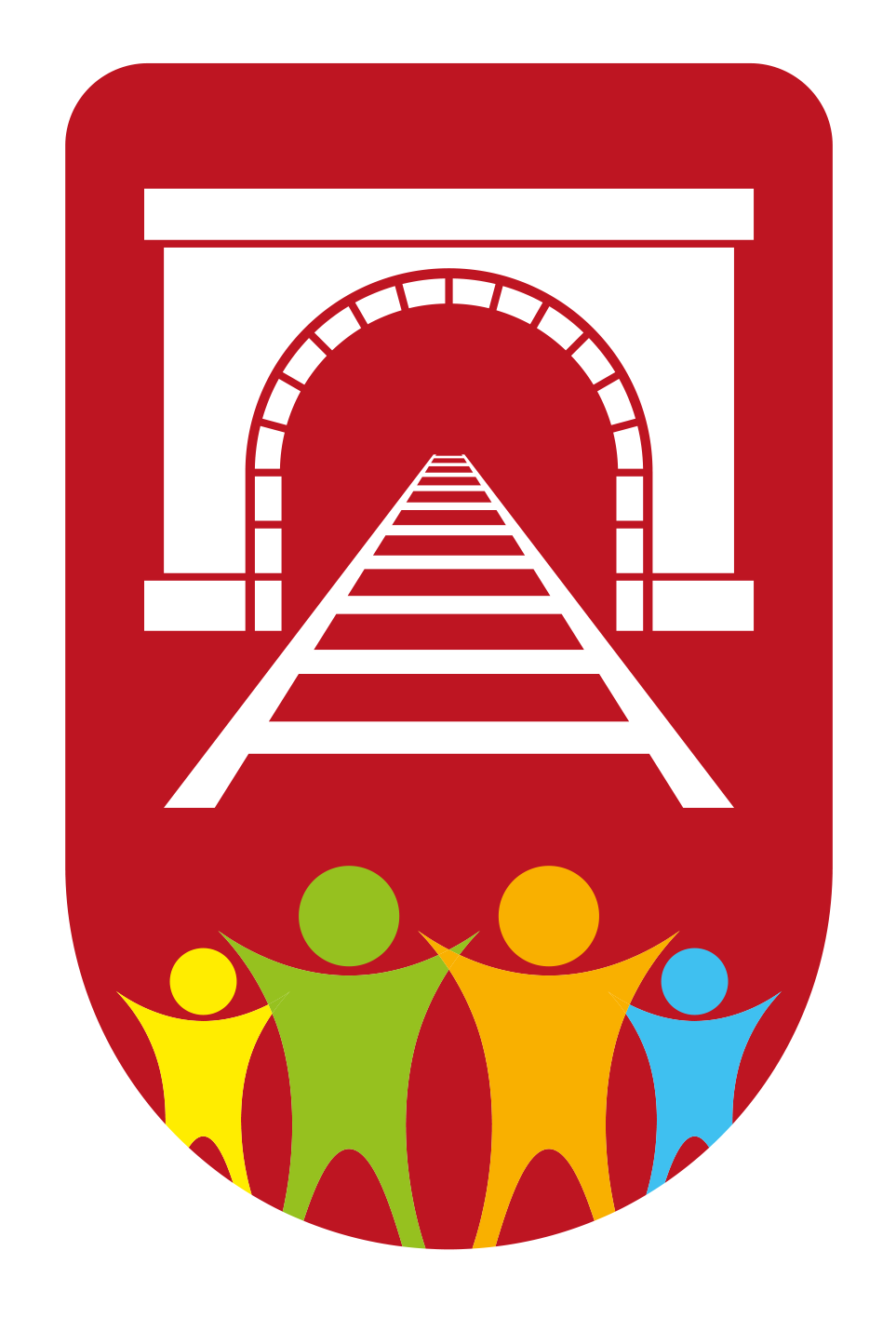Science
Intent
Why is Science Important at Kilsby?
At Kilsby, we focus on developing the whole child, and support the children to ‘live life in all its fullness’ (John 10:10).
Science is an important and valued subject because it is highly relevant; an integral part of daily life, from cooking and checking the weather, to recycling and nature walks, this allows our children to become caring and respectful individuals.
Through science, our lives are changed for the better as we learn to work cooperatively and confidently. Children are encouraged to ask ‘how?’ and ‘why?’ questions, with the aim of finding out the answers. This nurtures pupils’ natural curiosity and helps develop inquiring minds. This links to our school value of Cooperation as children become confident learners. We believe all pupils should be taught about the role that science plays in positive advancements, as well as scientific knowledge, methods and processes.
Advances in science are continuing to transform our world at lightning speed and we need to do our best to prepare our pupils for a future we can only imagine. Science motivates our pupils to explore the world around them and change it for the better. This will enable our pupils to become confident, well-rounded and responsible individuals, who leave Kilsby ready and prepared for their next steps in a modern-day life.
Additionally, pupils develop an understanding of historical contributions to science, as well as learning about contemporary science issues. Science leads pupils on a journey of discovery, as they link isolated facts to form a coherent narrative about the natural world. Moreover, sustainable science teaches pupils about the important interaction between human activity and the environment and how we can make a positive impact. This links to our school values of Equality and Respect as pupils develop an attitude of respect for themselves, others and the world around them.
Implementation
When is Science taught?
Science is taught through thematic units. The overview maps out which thematic units feature this subject and the Long-Term Plan clearly shows the objectives taught.
Science is taught through working scientifically (involving practical investigation, observation and application skills, enquiry and research) alongside specific taught subject knowledge. Learning takes place both inside and outside the classroom.
What do we learn about in Science?
We learn about:
- Plants
- Animals, including humans
- Materials
- Seasonal changes
- Living things and their habitats
- Light and heat
- Forces and magnets
- Sound
- Electricity
- Earth and space
- Evolution and inheritance
- Movement
How do we assess and monitor Science?
Formative assessment in Science occurs throughout the learning process, through dialogue and conversations with children as they are working. For summative assessment, teachers refer to the Knowledge Builders and Skills Ladder for their phase group.
Working Scientifically
At Kilsby, we want to promote the whole child and value children’s individual responses in the subject; therefore we provide open-ended feedback and use effective questioning techniques, which allow for children to apply appropriate scientific reasoning and vocabulary (LMTW science vocab).
Children at Kilsby will develop their scientific knowledge and conceptual understanding through specific disciplines of biology, chemistry and physics, using the Skills Ladders of application, observation and investigation. Children will develop an understanding of the nature, processes and methods of science through different types of scientific enquiries. These types of scientific enquiry include: observing over time; recording; pattern seeking; identifying, classifying and grouping; comparative and fair testing (controlled investigations); cross- curricular (STEM), uses and implications, processes and change and researching using secondary sources. They will be taught how to ask relevant questions to find answers to investigations and to build up an extended specialist vocabulary and use the correct technical terminology accurately and precisely when explaining these scientific processes. The children will therefore be equipped with the scientific knowledge required to understand the uses and implications of science, today and for the future.




